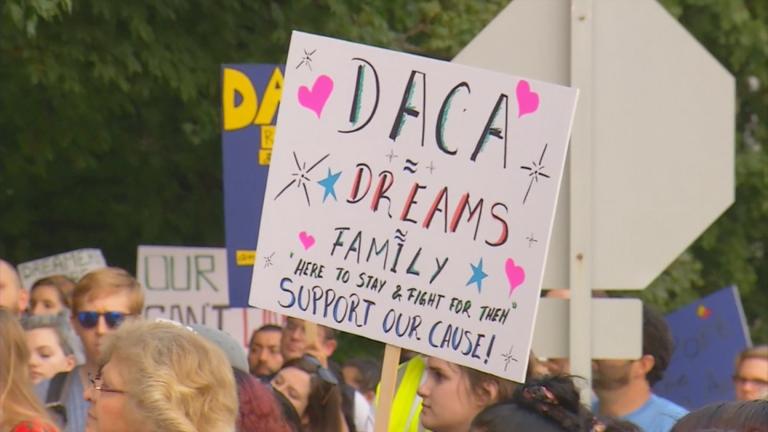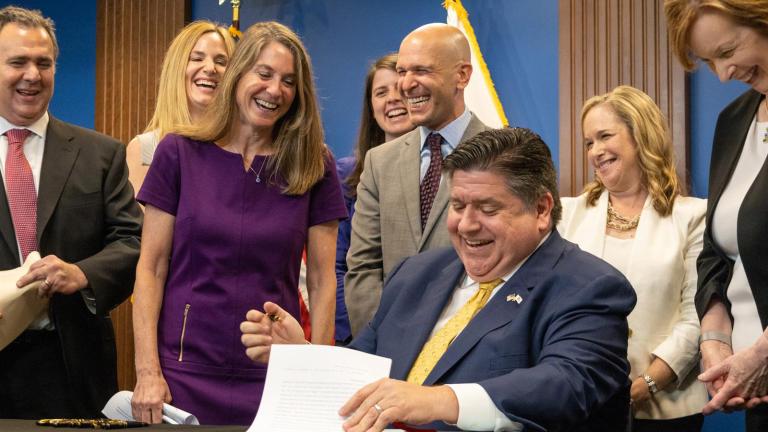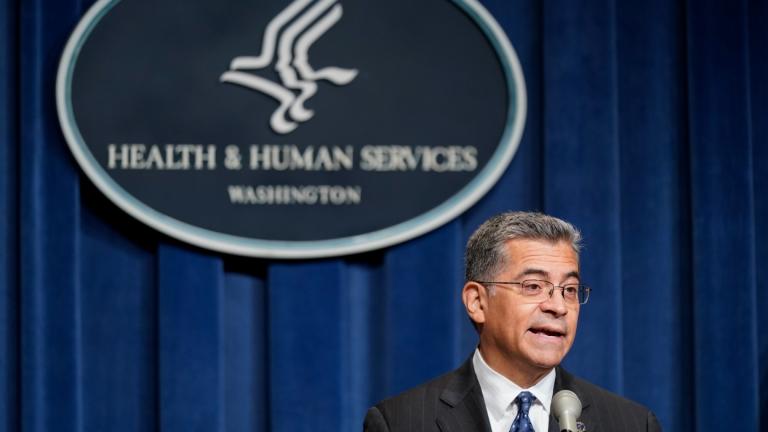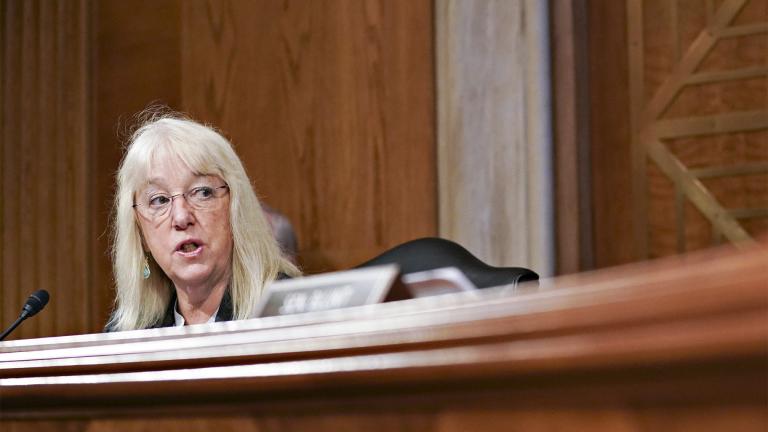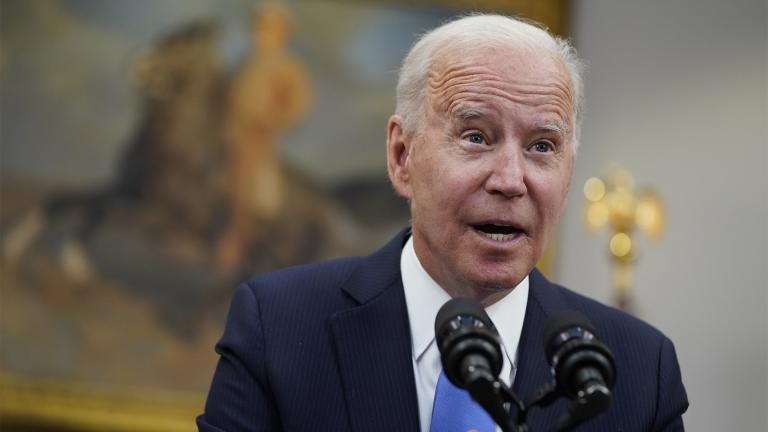More than 7 million Americans signed up for the Affordable Care Act. But who exactly signed up for ObamaCare? How many are paying into the health insurance system? And what happens to the people who missed Monday’s sign-up deadline? We go in-depth with Forbes health care and policy reporter, and author, Bruce Japsen.
While the open enrollment period for health care coverage ended March 31, there’s still time for uninsured Illinois residents who tried to apply for coverage to complete the process.
“Our team is doing everything it can to help people complete the enrollment process,” said Jennifer Koehler, Executive Director for Get Covered Illinois, in a news release. “All of the Get Covered Illinois resources available before March 31st are still available – online, by telephone, and in-person to help uninsured residents get covered. We encourage qualified residents to make finishing their enrollment a priority and complete the process as soon as possible. We are here to help.”
Those who started the application process have until April 15 to complete it. The Marketplace will only process new paper applications that are received by April 7. If someone mails a paper application, he or she must select a plan by April 30 and coverage will begin May 1. To learn the status of a paper application, call (800) 318-2596.
People who enrolled by the March 31 deadline and those who complete their applications by April 15 can expect their coverage to begin May 1, according to Mike Claffey, a state health care spokesman.
More than 7 million Americans signed up for health insurance before the March 31 deadline. In Illinois, more than 333,000 residents have signed up for health coverage under the Affordable Care Act. A total of 113,733 had purchased a plan through the Marketplace as of the end of February. Get Covered Illinois is expected to meet the state-level enrollment estimate of 143,000 for the Marketplace established last September by the U.S. Department of Health and Human Services, based on national Congressional Budget Office estimates.
Illinois enrollment numbers through the March 31 deadline are not yet available but should be in the coming weeks.
Currently, 232,000 Medicaid expansion adults have been approved, Claffey said, adding he expects that number to grow over the next couple of months. There are roughly 200,000 Medicaid applications still being processed, according to Claffey.
There is no deadline for an individual to apply for Medicaid. If an individual is denied Medicaid, he or she will be given a 60-day special enrollment period in which he or she can enroll in a Marketplace plan.
People who did not purchase health care coverage will have to wait until November 15 in order to enroll in a plan for coverage starting January 2015 unless they have a qualifying life event, such as getting married, losing a job, or having a baby.
Those who did not enroll in a plan face a penalty of being fined 1 percent of their income or $95, whichever is greater, when they file their 2014 federal taxes.
Read an excerpt from Bruce Japsen's book, Inside Obamacare: The Fix for America's Ailing Health Care System.
Before Barack and Michelle Obama arrived at the White House, before President Obama overhauled the nation’s health care system as his signature legislative achievement, the two toed different paths in transforming medical care back in Chicago. As a young state senator and an executive at a prestigious academic medical center in Hyde Park on Chicago’s South Side, the Obamas were early pioneers in the push to make health care higher quality, more accountable and less expensive.
Their efforts weren’t making the headlines that they do today. They barely made news when they were happening. There were no canceled insurances policies, no mandates to buy coverage and the movement faced very little political opposition.
But the Obamas’ endeavors a decade ago have begun to proliferate, transforming health care as they spread across the country in the form of the Patient Protection and Affordable Care Act (ACA), commonly known as Obamacare.
~ Alexandra Silets contributed to this report.


